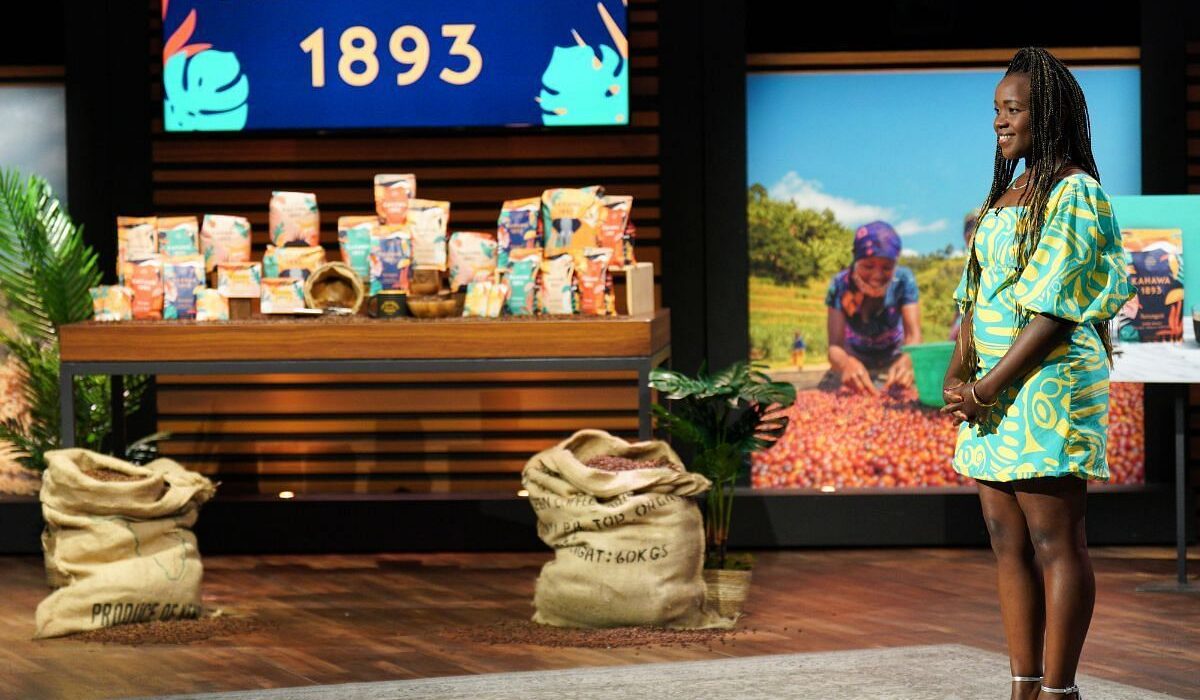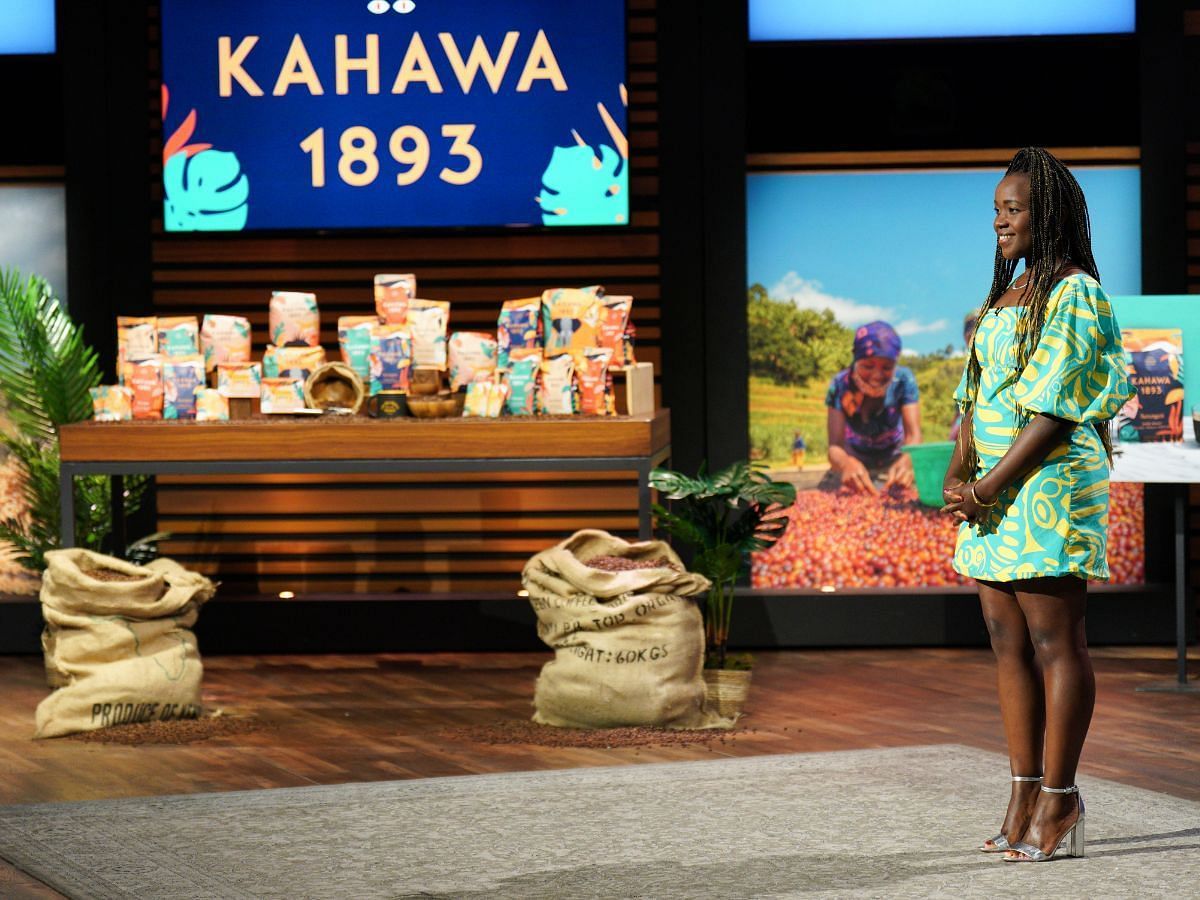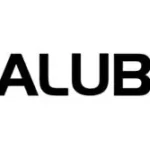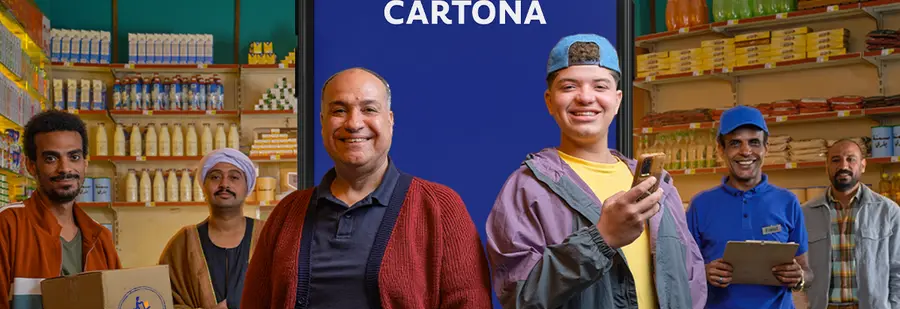Margaret Nyamumbo: Brewing a Movement, One Cup at a Time

When a bad cup of office coffee met a childhood rooted in Kenya’s coffee farms, something unexpected happened: Margaret Nyamumbo discovered a mission and a business.

Roots in Coffee and Resilience
Growing up on her grandfather’s coffee farm in Kisii, Kenya, Margaret witnessed the backbone of the industry firsthand. While women provided 90 percent of the labor, they owned just 1 percent of the land—a glaring imbalance she felt deeply (“Women provide 90% of labor but own 1% of land”). Her grandfather, once a driver for the colonial government, had managed to acquire coffee seedlings that launched the farm’s legacy…a legacy she was determined to honor.
From Wall Street to Kahawa 1893
After earning an MSc from Harvard Business School and launching her finance career on Wall Street, Margaret encountered something seemingly trivial: repetitive cups of low-quality office coffee. It sparked a thought: “We have amazing coffee at home—why not bring that back to the cup?” Thus, Kahawa (Swahili for “coffee”) 1893 was born. The name pays homage to the year coffee made its way back to African soil after being exported for centuries (“Kahawa means ‘coffee’ in Swahili—‘1893’ marks the year that coffee production returned to Africa”)
Driven by ethical inclusion, Margaret founded the company in 2017 with a clear goal: connect East African coffee, and the women who cultivate it, to the world’s coffee drinkers.
A Tipping Model That Gives Back
Kahawa 1893 introduced a groundbreaking idea: a QR code embedded on coffee bags allows buyers to tip the farmers directly. Margaret and her team then match every tip, dollar for dollar, doubling the impact. As of late 2024, customers had contributed more than $45,000 in tips, benefiting approximately 500 women and girls, and the company matched that to make it $90,000 in total support.

Scaling Ethically
The brand’s deep commitment to impactful commerce paid off. In 2021, Kahawa 1893 became the first Black woman–owned coffee brand nationally stocked by Trader Joe’s, marking a milestone in representation and retail reach. That same year, Margaret appeared on ABC’s “Shark Tank,” securing a $350,000 investment for equity after winning over multiple investors, and closing a deal with Emma Grede of Good American. At the time, Kahawa 1893 had already generated $1.3 million in sales and now has a net worth of almost $9 million.
Beyond Coffee: Building Community Impact
Kahawa 1893 sources beans directly from cooperatives across Kenya, Rwanda, and the Congo—cutting out middlemen and ensuring farmers are paid nearly double the minimum fair trade price per pound of coffee (“specialty-grade” plus ethical premiums). Tip funds have enabled families to start businesses—like sugarcane farms, maize mills, and tailoring services—in Kenya; buy livestock in Rwanda; and support disaster relief after Congo’s 2024 floods.

Thought Leadership and Legacy
Margaret’s journey has resonated widely. She received Smith College’s 2025 Smith Medal for her inclusive entrepreneurship and remains vocal about expanding representation among female African founders.
I hope that the representation of women in particular in the industry is more mainstream… there are 50 of me to become 500.
Her vision remains rooted in African identity—envisioning spaces like flagship cafes globally, and even ready-to-drink canned options that keep quality intact while supporting farmers (“tips at store could go to farmers or baristas”).
Why This Story Matters
Margaret Nyamumbo’s journey combines heritage, equity, and innovation. She didn’t just build a coffee brand, she reimagined how value is shared across a complex supply chain, empowering women, connecting consumers to origin, and bringing African coffee culture full-circle, from field to cup.
Her narrative proves that business can be both beautiful and just equitable; one cup, one QR code, one farmer at a time.









